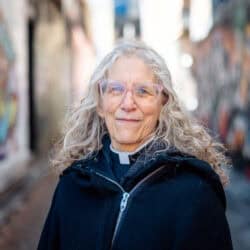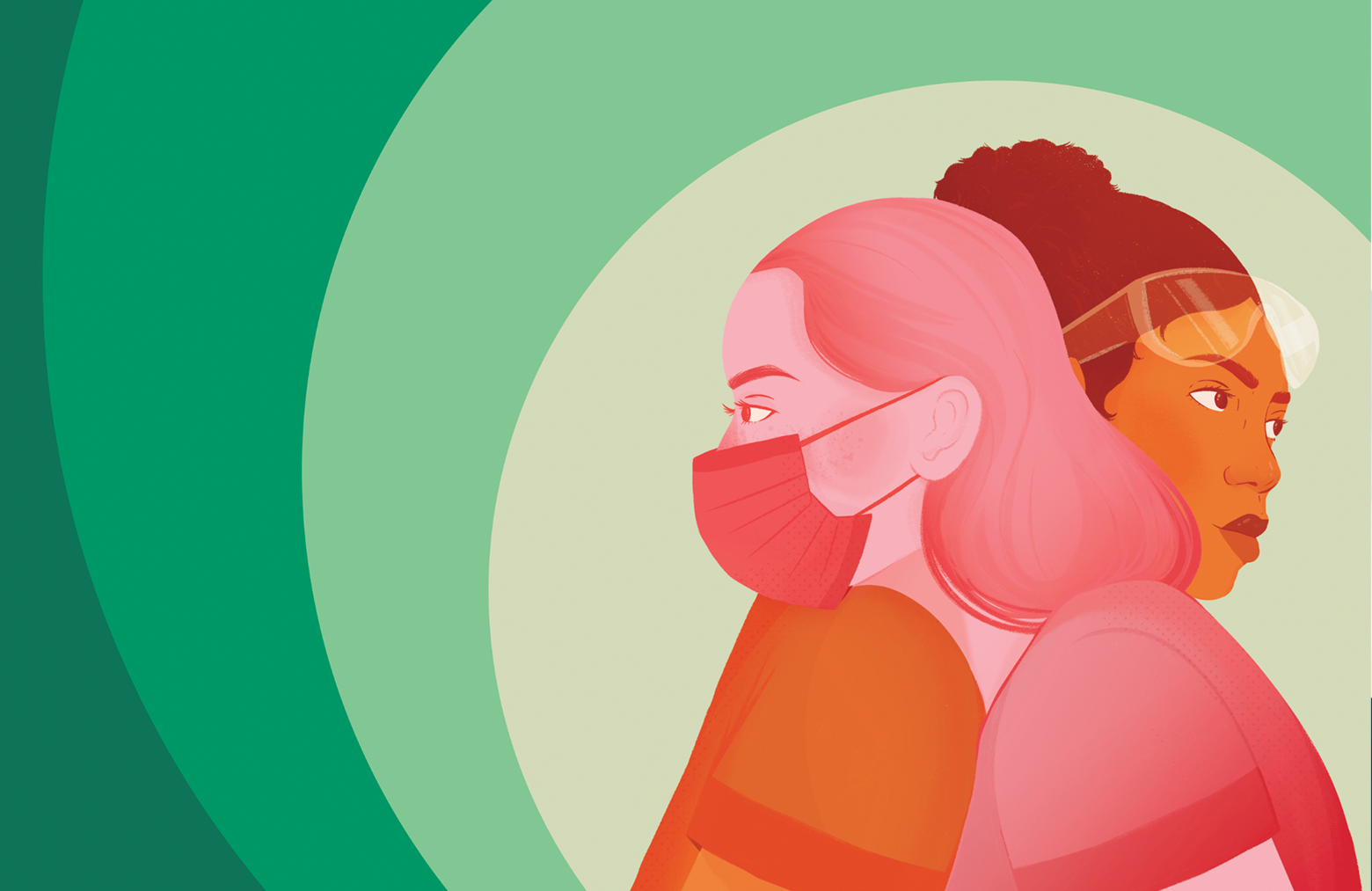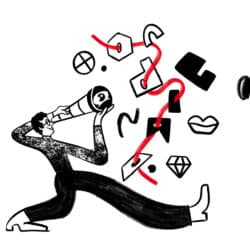Although politicians and powerful players pay lip service to civil society, the reality on the ground is different. Ask the human rights defender sentenced to ten years in jail in Uzbekistan or the Bosnian anti-corruption group forced to suspend its activities. It is doubtful these individuals would think their work was being properly valued or appreciated, let alone protected and enabled.
Tragically, these are not isolated events. Instead they are part of a growing global trend where governments of the world obstruct the activities of civil society organizations (CSOs), through harassment, criminalization of peaceful dissent and the introduction of laws and administrative rules. Militia groups and agents of unethical private sector enterprises and extractive industries also threaten civil society.
The threats faced are many and various1 but some patterns are emerging.
Arrest And Detention
One way to crush the voice and actions of civil society is to lock up as many members as possible. In a number of countries, governments are using domestic law in their efforts to have full control. This includes detention, prosecutions and restrictions on foreign travel.
In Syria, for example, a group of pro-democracy activists faced 15 years in prison for calling for democratic reform and respect for human rights. Arrested for attending a meeting of the broad based coalition, Damascus Declaration for Democratic National Change, they were charged with weakening national sentiment and broadcasting false or exaggerated news that would affect the morale of the country.2 In Nicaragua, nine women’s rights defenders working on gender-based violence and reproductive rights were subject to a criminal investigation by the General Prosecutor’s Office.3 In Zimbabwe, Jestina Mukoko of the Zimbabwe Peace Project, which documents human rights violations and political violence, was abducted by unidentified security force members. Her whereabouts were kept secret for over a fortnight.4 Robert Lovelace, leader of the aboriginal Algonquin community in Canada, was sentenced to six months imprisonment for violating a court injunction. Lovelace had organized a non-violent blockade against a uranium mining company’s activities. The company had been prospecting for radioactive ore.5
Attacks
When the law is not enough, governments step further, attacking individuals working or volunteering with civil society groups. In Colombia many trade unionists have been killed. One of those murdered, Ramiro Cuadros Raballo, had been receiving threats for years, none of which had been thoroughly investigated by law enforcement agencies.6 In the Philippines, Ronald C Sendrijas, a human rights activist, was killed by motorcycle borne assailants. He had been under continuous overt surveillance after being discredited by security forces who had implicated him in another activist’s murder. The Philippines continues to witness killings—activists shot dead by suspected army and air-force units astride motorcycles.7
These attacks not only remove the dissident and activist voice, but intimidate others from speaking out. Often, attacks are not investigated, exacerbating the climate of fear and impunity.
Questioning Credibility or Purpose
The credibility of CSOs is questioned by senior government figures, who sometimes go to the extent of accusing the organization of being a threat to national security, of supporting terrorism or seeking to damage the country’s international image. In Bosnia, the anti-corruption group, Transparency International, suspended its activities following a campaign of intimidation by Republika Srpska authorities. The Prime Minister had accused the CSO of being involved in racketeering and extortion.8 Such accusations are often part of a lead up to more repressive actions.
Restricting Activities
CSOs, particularly those exposing human rights violations by state agencies, continue to face excessive and unwarranted administrative rules and restrictions. This includes closing organizations, restrictive laws, red tape, limitations on funding and restrictions on thematic areas of work.
In Ethiopia, a bill has been introduced to limit the work of CSOs that receive more than 10% of their funding from abroad.9 Jordan’s Parliament passed a bill requiring organizations to give two weeks notice to the government before holding meetings and to have government permission before accepting any foreign funding. As well, they mandated government representation at CSO meetings and allowed wide discretion to shut down CSOs on vague grounds.10
In Ukraine, prison authorities filed a lawsuit against the Vinnitsia human rights group. The basis of the suit pertained that the honour, dignity, and professional reputation of officials at a particular prison was damaged after Vinnitsia issued press releases alleging torture and ill-treatment of detainees.11
Restricting travel also creates barriers. In Fiji, a member of the International Bar Association, Roger Tan, was denied entry into the country when a “stop arrival order” was issued against him. He was part of a delegation to examine the independence of the judiciary and the state of rule of law in the country.12 In Venezuela, staff members of Human Rights Watch were deported hours after they presented a report and held a news conference to describe how President Chavez had weakened national institutions and human rights guarantees in the country.13
The Kyrgyz government denied entry to Ivar Dale of the Norwegian Helsinki Committee. Despite holding a valid visa, he was told by officers a decision had been taken to deny him entry into the country for 10 years. Dale had been trying to open a permanent office for his organisation since 2006.14
Censorship And Restrictions On The Media
In an attempt to clamp down on freedom of expression, instead of just prosecuting individual authors, Russia introduced a bill allowing media outlets to be closed for publishing defamatory statements.15 Sweden, a long standing democracy recognized for its press freedom, passed a controversial bill allowing all international emails and phone calls to be monitored in the name of national security. This action raised concerns amongst journalists regarding protection of information sources.16 Such restrictions affect not only the media but civil society as well, as media houses are an important way for voices to be heard.
Attacks By Non—state Actors
Rarely brought to justice, non-state actors are also involved in attacks on civil society. In Afghanistan, three aid workers from the International Rescue Committee were killed by Taliban gunmen. They had been helping to establish schools and train teachers in the region. The Taliban claimed they were spies.17 In Spain, Isaias Carrasco, trade union leader and former Socialist municipal councillor, was shot dead by ETA separatists.18 While accompanying foreign journalists, Mario Martinez Ramos, a member of Mexico’s Frente Amplio Opositor, an organization opposing a gold and silver mining project, was attacked by a group of people armed with machetes and handguns. After the police did not investigate, he filed a complaint with the local prosecutor’s office, identifying some of the perpetrators as local people who worked as security guards for the mining company.19
These are but just a few of the many tragic stories—brave individuals and organizations under attack and threat just for doing their legitimate and much-needed work. Government justifications vary depending on ideology but fear of terrorism and foreign influence are regularly heard. Whatever the excuse, we must remember what they are—lame excuses that do not hide the fact that rights are being abused and attacked.
Notes
1 These are just some of the examples from 61 countries that were tracked by CIVICUS in just one year and circulated through the Civil Society Watch Monthly Bulletin. More information: www.civicus.org/csw
2 http://www.amnesty.org/en/news-and-updates/news/pro-democracy-activists-in-syria-face-15-years-in-prison-20081008
3 http://www.article19.org/pdfs/press/nicaragua-women-s-rights.pdf
4 http://www.fidh.org/Enforced-disappearance-of-Ms
5 http://ipsnews.net/news.asp?idnews=41469
6 http://www.ituc-csi.org/spip.php?rubrique51
7 http://www.ahrchk.net/ua/mainfile.php/2008/2724/
8 http://www.reliefweb.int/rw/rwb.nsf/db900SID/TUJA-7GM36A?OpenDocument
9 http://en.afrik.com/article15095.html
10 http://www.civicus.org/index.php/csw/csw-take-action/4/439-jordan-pr-130808
11 http://www.hrw.org/en/news/2008/07/23/ukraine-prison-sues-leading-rights-
12 http://www.malaysianbar.org.my/bar_news/berita_badan_peguam/roger_tan_barred_from_entering_fiji.html
13 http://www.hrw.org/legacy/english/docs/2008/09/19/venezu19853.htm
14 http://www.protectionline.org/
Serious-hindrances-to-the-work-of,7639.html?pmv_nid=1
15 http://cpj.org/2008/05/restrictive-media-law-amendment-moves-forward-in-d.php
16 http://www.ifj.org/en/articles/efj-condemns-surveillance-law-in-sweden
17 http://www.csmonitor.com/2008/0815/p06s01-wosc.html
18 http://www.scoop.co.nz/stories/WO0803/S00091.htm
19 http://globalresponse.org/emailcampaigns.php?record=230
Mandeep Tiwana, Civil Socity Watch, CIVICUS
Clare Doube, CSW Advisory Group
Mandeep Tiwana is Programme Officer, Civil Society Watch (CSW), CIVICUS: World Alliance for Citizen Participation, Johannesburg, South Africa. Email: mandeep.tiwana@civicus.org . Clare Doube is Chair, CSW Advisory Group, Canberra, Australia.
Email: cdoube@hotmail.com. For more information visit www.civicus.org


